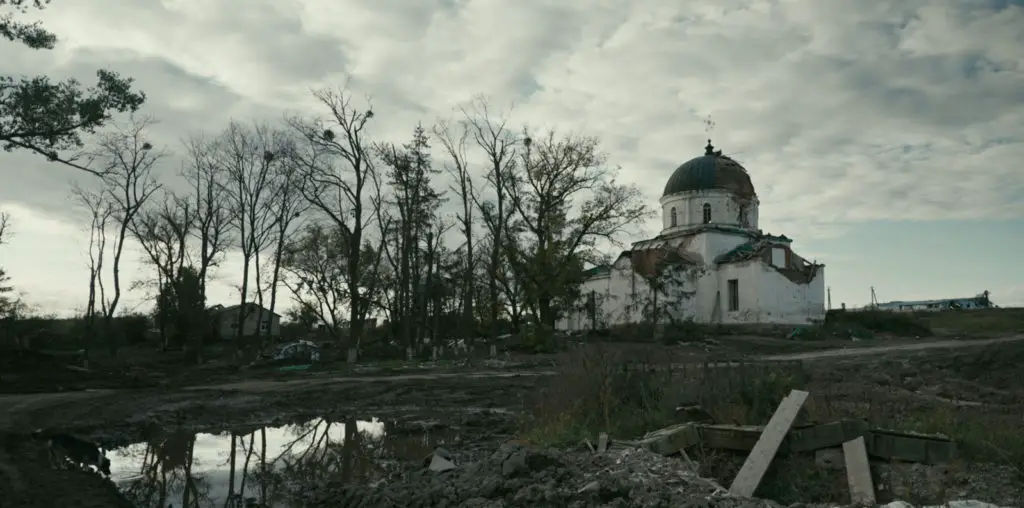
High school sucks. To suggest that sentiment is universal in nature would be a gross exaggeration, of course, but it’s a belief that is undeniably held by a large segment of the general population. Teenagers in school have not only academic pressures to deal with but also stress relating to the social component. Kids are expected to look a certain way or be forever cast as misfits.
It’s this dynamic that writer/director Jay Gammill explores in his short, “August.” The film’s protagonist, seventeen-year-old August, struggles with bullies who tease him about his physical appearance, subjecting him to names like “Horse Face.” In an effort to not only avoid future insults but also improve his romantic chances with classmate April, August decides there’s only one reasonable solution: plastic surgery.
His parents greet his plan with skepticism but also moderate support, and August soon finds himself in the office of a plastic surgeon who seems all too eager to perform a life-changing operation on a young man who’s not even old enough to enlist. Here, Gammill fits in some well-placed knocks against the medical community, as the doctor doesn’t only agree to the perform the surgery but also suggests new avenues for change (“How do you like your nose?” he asks August without prompting).
Unsurprisingly, following the operation, August’s life sees no significant improvement and, in fact, is worsened by the experience. Instead of quieting his tormentors, August’s surgery only inspires new taunts (“face lift boy”). The surgery also fails to benefit his courting of April, as she’s already hooked up with his best friend, Justin, leading August to demolish Justin in a bathroom brawl. Worse yet, August is forced to accept that he’s compromised himself in order to meet others’ standards (standards that he likely disagreed with in the first place).
Gammill should probably be commended for taking on a subject that deserves a good thwacking. More kids than ever are exposed to airbrushed models and surgically enhanced bodies, and as the many examples of teenage plastic surgery would imply, the issue is indeed a very real one.
Unfortunately, the execution is lacking. Gammill relies on some very heavy-handed imagery to get his point across, including the obligatory look-in-the-mirror scenes in which August’s face morphs into something monstrous. The acting is perfectly acceptable, and the dialog sounds like something overheard in a legitimate high school hallway. But Gammill’s choice to have August’s internal struggles manifest in such clichéd and extreme ways (the mirror and the fight scenes, respectively) is a disservice to an otherwise decent film.
